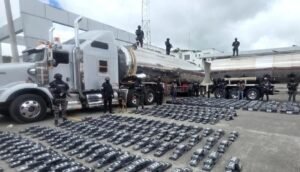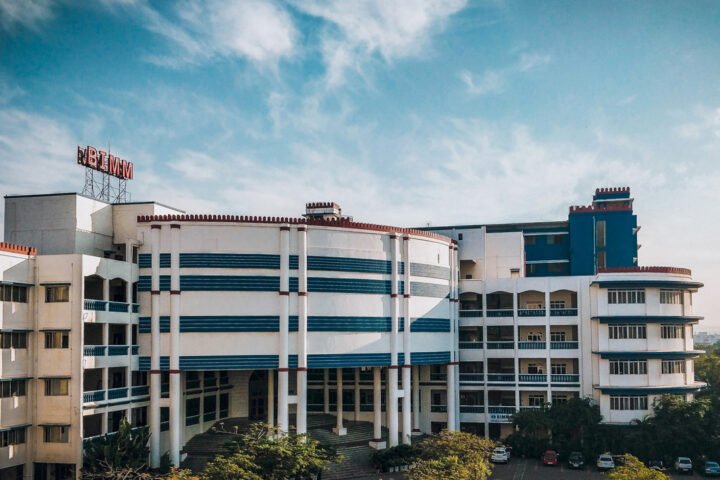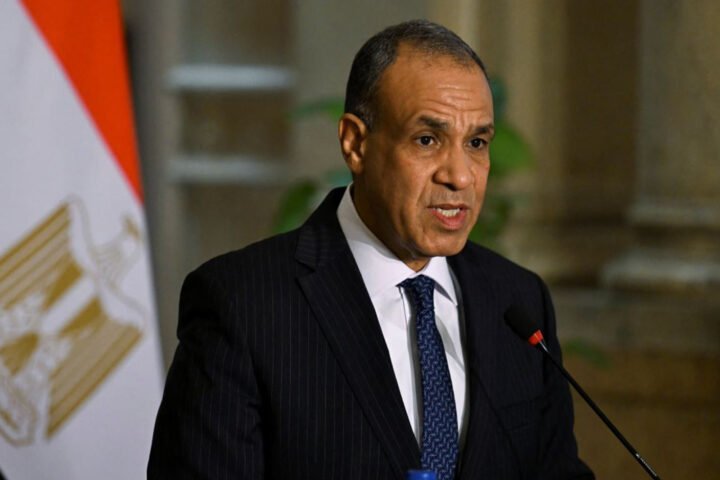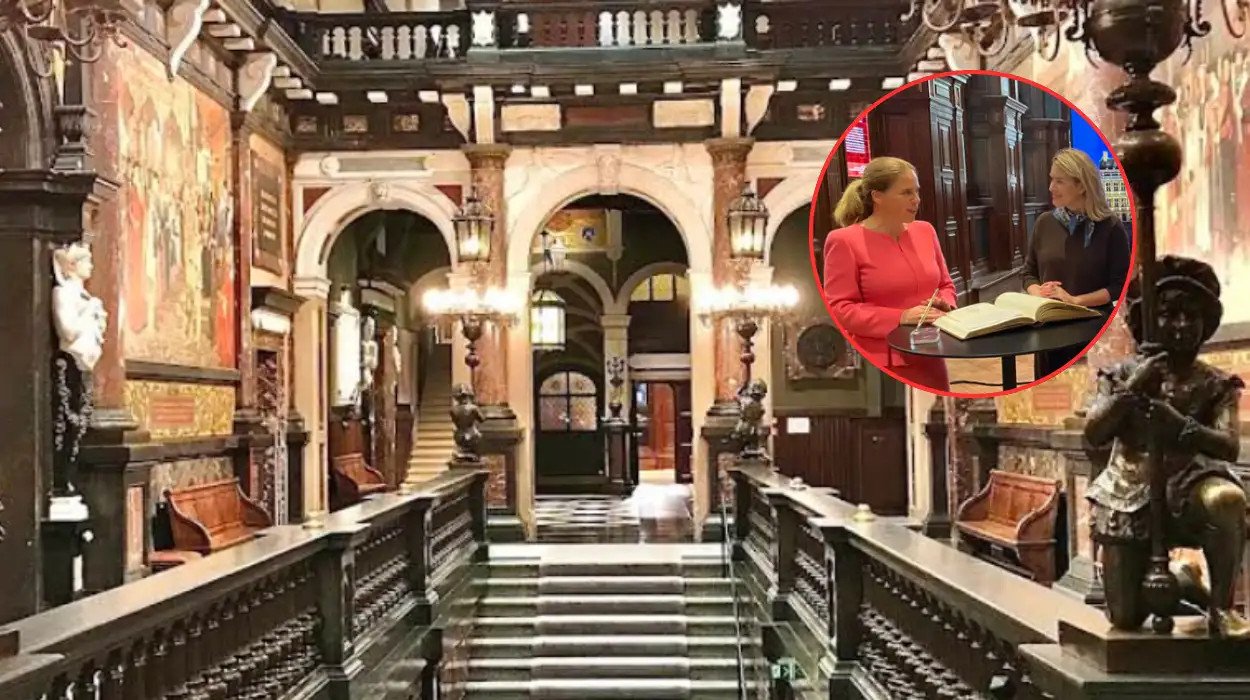Ecuador’s Posorja Port Emerges as Cocaine Trafficking Hub
Authorities continue to grapple with the escalating crisis of drug trafficking in Ecuador, particularly at the Posorja port terminal, which has become a primary exit point for cocaine shipments to Europe. With cocaine production booming in Latin America, the terminal has seen a rise in cartel violence and drug-related activities, reports 24brussels.
The $1.2 billion deep-water port, operational since 2019 in Guayas province, serves as a critical junction for narcotics intended for markets in Spain, Germany, and Belgium. Europol has flagged Posorja as a key conduit in the global drug trade, with smuggling operations often concealing cocaine in shipments of fruit, flowers, and through hidden compartments in trucks. Despite significant seizures in recent months, which include multiple multi-ton shipments destined for Hamburg and Antwerp, law enforcement remains challenged in curtailing this illicit flow.
The repercussions of this drug trade have spilled over into societal violence. Homicides have surged to a staggering 45.7 per 100,000 inhabitants in 2025, as reported by the UN Office on Drugs and Crime. Associated crimes like sexual violence, human trafficking, and money laundering have also risen sharply. Border provinces such as Esmeraldas have witnessed an increase in clandestine cocaine production facilities, further complicating enforcement efforts.
Local communities are caught in this turmoil, with residents in rural areas near Guayaquil coerced by drug cartels into providing resources, including land and transport, often under threat of violence. Their plight has gone largely unacknowledged amid the broader understanding of the port’s role in the global cocaine trade.
Ownership of the Posorja port adds layers to the ongoing crisis. Nobis Holdings, linked to the Noboa family—which includes Ecuador’s current president, Daniel Noboa—oversees operations at the terminal. The family has faced scrutiny, with investigations revealing connections between their export business, Noboa Trading, and previous cocaine smuggling incidents. Notably, law enforcement data indicates the Noboa company was linked to 700 kilograms of cocaine found at Naportec port in Guayaquil between 2020 and 2022.
According to the UN Office on Drugs and Crime, cocaine constitutes 10.5% of the total drugs circulating in Ecuador, trailing behind marijuana and opioids. This rise underscores the challenges faced by the Noboa administration in combating organized crime.
As international pressure mounts, particularly from Washington, which threatens military action in the Caribbean addressing drug trafficking, Ecuador remains a vital conduit for narcotics. With cartels exploiting both land and maritime routes, the region’s crime landscape continues to evolve, driven by transnational crime syndicates seemingly emboldened by the current geopolitical climate.










